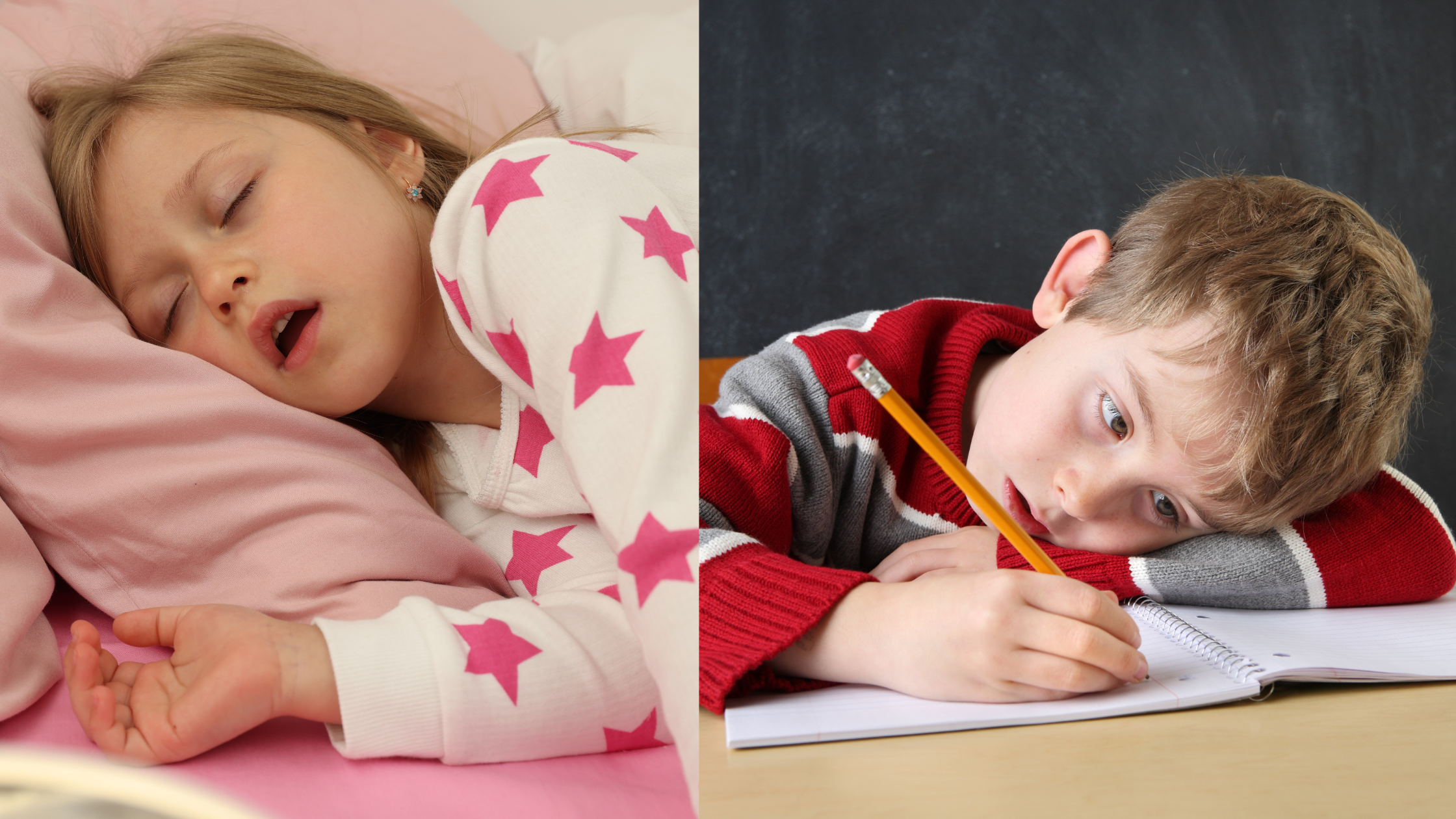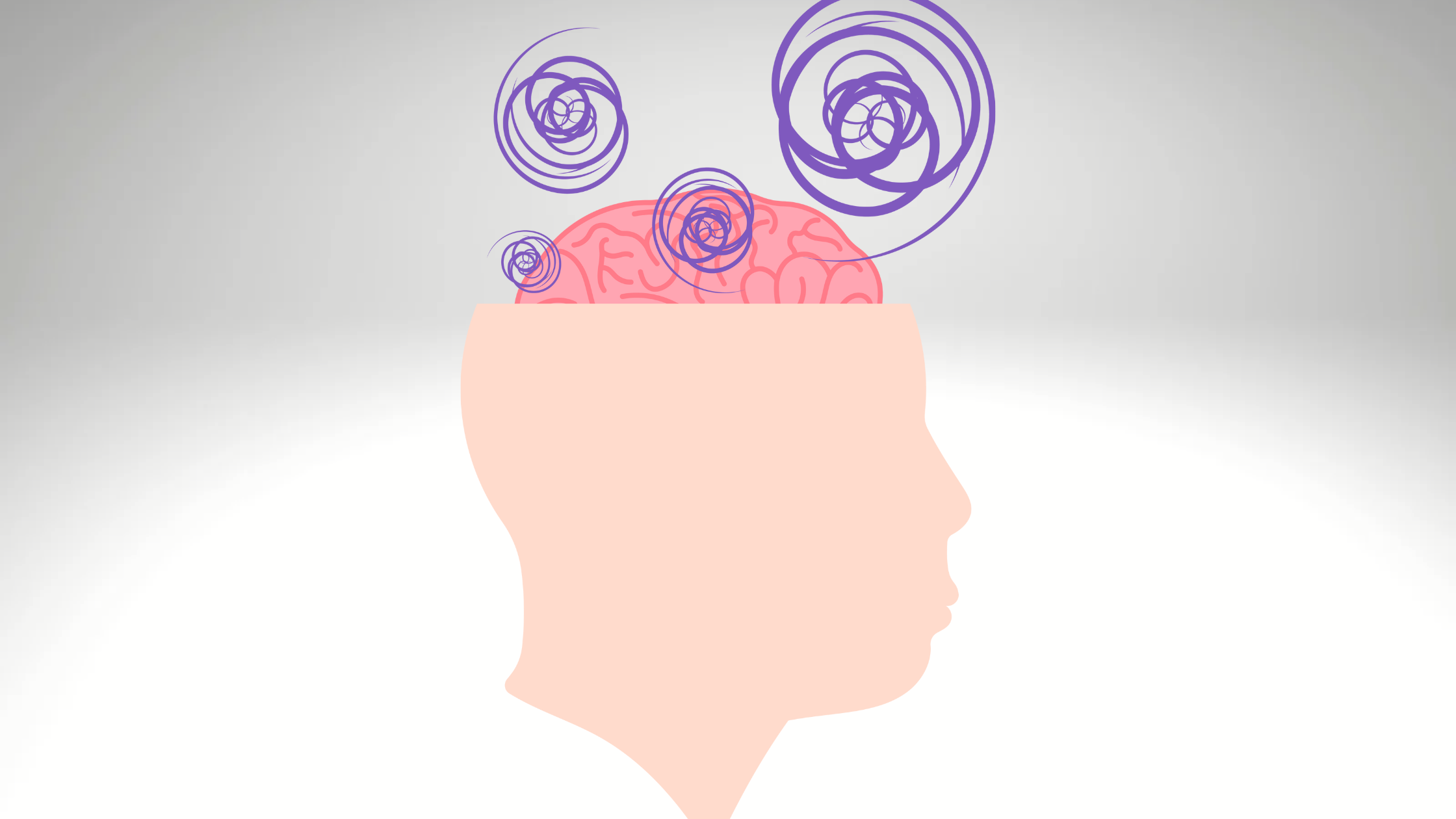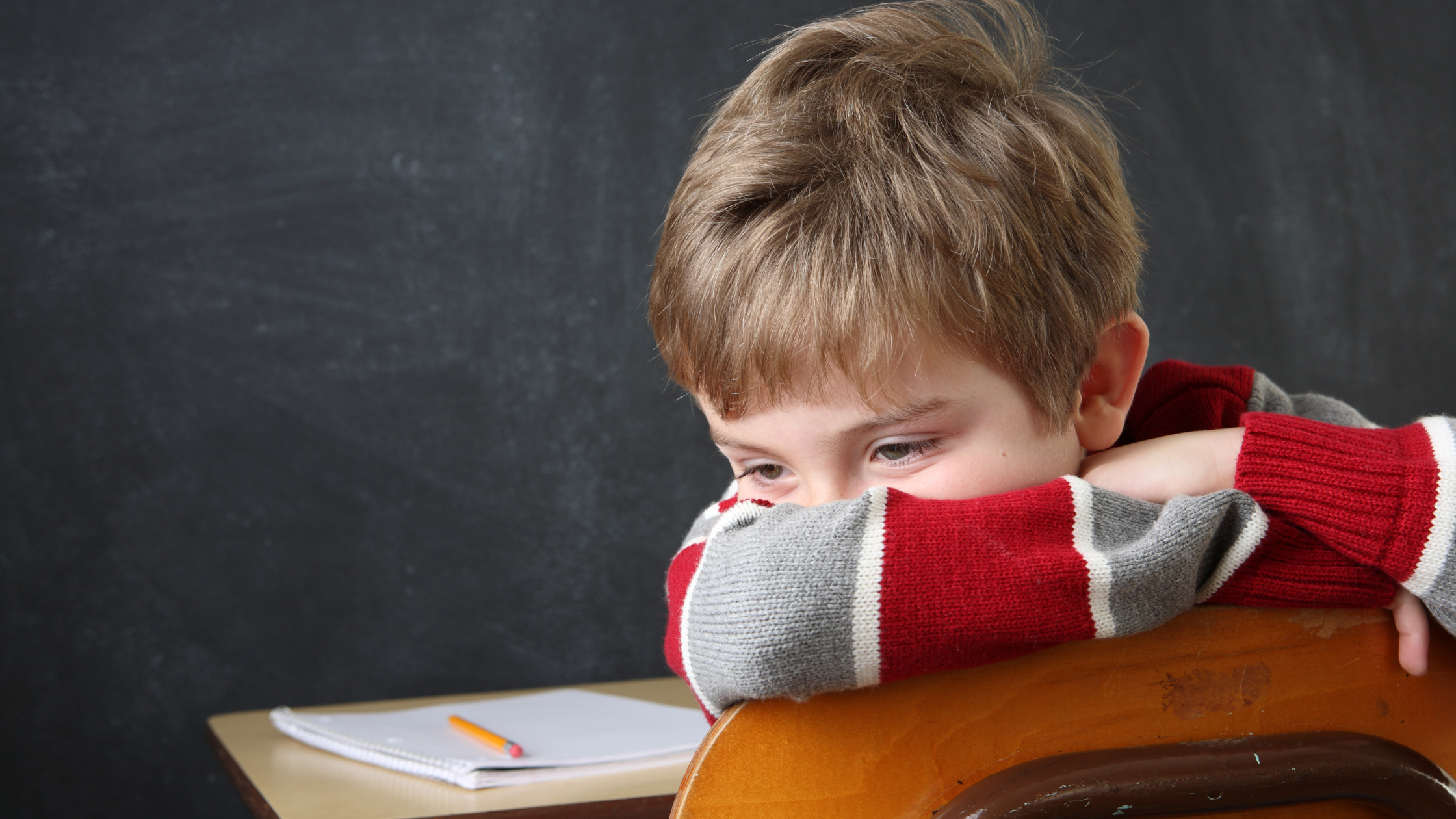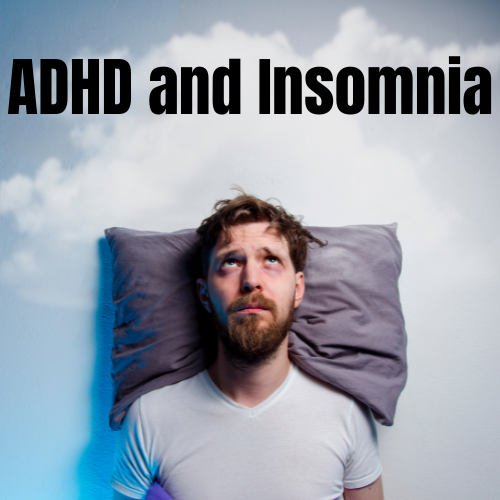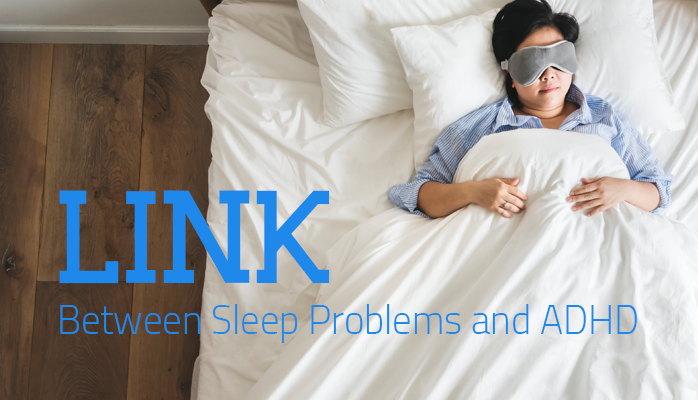Sleep apnea and ADHD are two very different conditions, but they can sometimes present with similar symptoms in children, making it challenging to identify the underlying issue. Both conditions can cause concentration difficulties, hyperactivity, and behavioral issues, which often leads to misdiagnosis and inappropriate treatments. Understanding the differences and overlap between sleep apnea and ADHD can be essential for parents and caregivers seeking the best support for their child’s well-being.
Adult-Onset ADHD and Sleep: Understanding the Connection
Attention-Deficit/Hyperactivity Disorder (ADHD) is often thought of as a condition that primarily affects children and adolescents. However, ADHD can also manifest or be diagnosed in adulthood, which presents unique challenges, particularly regarding sleep. Understanding the relationship between adult-onset ADHD and sleep disturbances is crucial for those navigating this condition and seeking strategies for better sleep.
Improving Sleep in Children with ADHD: Tips and Strategies for Parents
Attention-Deficit/Hyperactivity Disorder (ADHD) is a common neurodevelopmental disorder that affects many children. One of the lesser-known but significant challenges faced by children with ADHD is difficulty sleeping. Poor sleep can exacerbate ADHD symptoms, leading to a cycle of increased hyperactivity, inattention, and behavioral issues. Improving sleep in children with ADHD is crucial for their overall well-being and development. Here are some tips and strategies to help parents ensure their children get the restful sleep they need.
In our fast-paced and demanding lives, maintaining optimal concentration and focus is a constant challenge. While various factors contribute to cognitive function, one of the often-overlooked pillars of mental clarity is a good night's sleep. This blog post aims to explore the profound connection between sleep and concentration, highlighting the vital role that quality sleep plays in enhancing cognitive abilities.
Helping Children on Adderall Sleep: Strategies for Restful Nights
Managing attention deficit hyperactivity disorder (ADHD) in children often involves medications like Adderall, which can be effective in controlling symptoms. However, one common side effect parents and caregivers may encounter is difficulty with sleep. Navigating the balance between symptom management and ensuring restful sleep can be challenging. Let's explore some strategies to help children on Adderall achieve a peaceful night's rest.
Sleep is vital for your ability to concentrate, regulate your mood, general health and well-being. Unfortunately, many people with ADHD struggle with their sleep issues, so they do not get the sleep they need. It can take time and practice to develop an effective sleep routine that helps you get the sleep that you need.
There are steps, however, that can aid in achieving an adequate amount of sleep for a good night's rest. These sleep strategies can help both children and adults learn how to fall asleep with their ADHD.
Attention deficit hyperactivity disorder, ADHD, is a neurodevelopmental disorder that impacts one's ability to pay attention, sit still, and control their impulses. This is normally diagnosed in childhood and persists into adulthood. The hyperactivity of ADHD can make sleeping very difficult and can even cause the onset of insomnia. Read below to see how ADHD can cause insomnia, and some tips to manage symptoms for better sleep.
Overlap Between ADHD Symptoms and Sleep Deprivation Symptoms
Attention Deficit Hyperactivity Disorder (ADHD) symptoms and symptoms of sleep deprivation tend to overlap. An interesting question to consider is can sleep problems result in ADHD? If the answer is yes, there may be treatments available for some people with ADHD that are non-pharmacological.
Right now, there is no answer to this question. It is something that researchers, such as professor Sandra Kooij (Associate Professor of Psychiatry at VU University Medical Center, Amsterdam, and founder and chair of the European Network Adult ADHD), are only just beginning to tackle.
Consider for a moment though, some of the most common symptoms of sleep deprivation [Brandon Peters, MD] that are also symptomatic of ADHD [WebMD]:
- Difficulty remaining attentive
- Lack of focus
- Impulsiveness
- Forgetfulness
- Impaired performance on common activities
- Poor prioritization/planning
- Disrupted sleep cycle
If you or your child struggle with ADHD you might also check in and see how your sleep is too.

